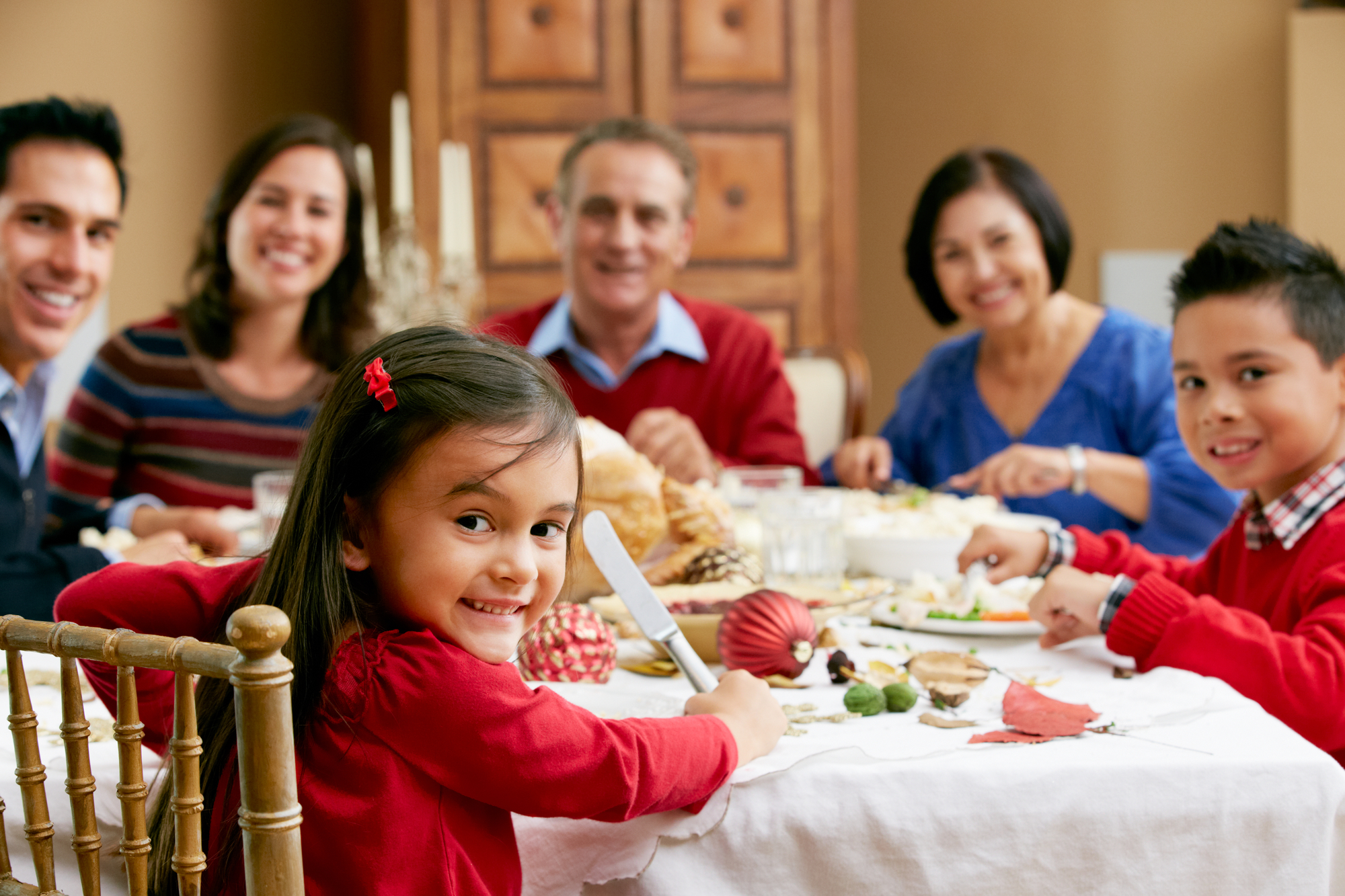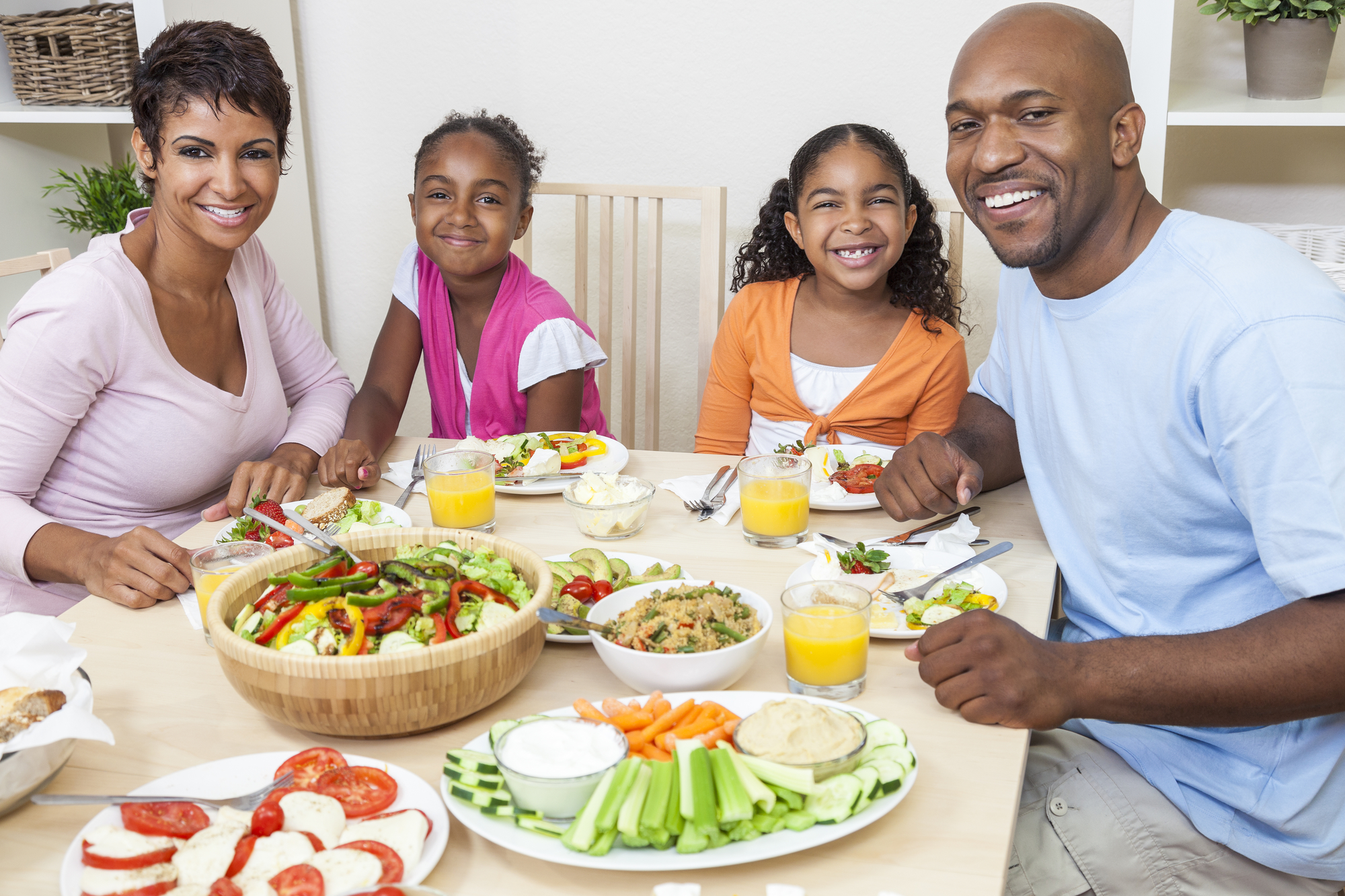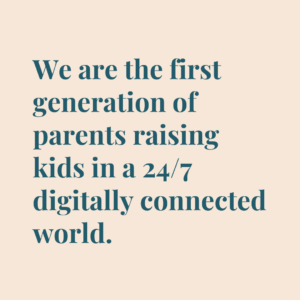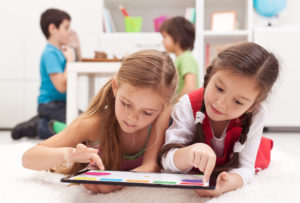Now that the election is over, perhaps the most patriotic thing we can do is to sit down and have dinner with our kids this week. Here’s why:
I have a feeling there have been some heated emotions in households as this election unfolds. Whether you are elated or disappointed at the election outcome, your children almost certainly have questions. At a minimum they know something is different. News anchors and late night television are breaking down in tears because it’s so cathartic, and grown men don’t usually cry on television.
It’s also safe to say that while many households may have a unified point of view or political position, once extended family enters the picture there will be a variety of opinions and emotions. As adults, most of us have perspective, foresight, optimism and faith that allow us to understand that, no matter what we see on television, our country will survive the tumultuous post-election transition and we will eventually find our way out of this dreadful pandemic. But as you navigate the normal emotions of frustration, anxiety and disappointment or exuberance– your children are seeing you in a way they may not have before.
Even if your children aren’t struggling with the current circumstances, this is still a unique teachable moment to have some important discussions. As parents we now have the opportunity to reaffirm safety, embrace curiosity, and let them know that it’s normal and okay when they encounter peers with other opinions. There is so much happening in the world that it’s hard for us to stay caught up – let alone our kids! That’s why this is a great time to have a press conference style Q and A with our own constituents – the little ones!
Here are some basic principles to keep in mind that I’ve learned through decades of treating children and mothering my own four kids:
Children are sponges – They absorb absolutely everything, including and our points of view and emotions. This is especially true for younger children, who don’t have the cognitive capacity to develop their own ideas and perspectives yet. If you are happy about this election – it’s very likely they will be also. If you are enraged, they will see that as the appropriate response. If you are full of anxiety after doom scrolling and constantly fretting about the future – guess what their reality is? Take a moment to collect yourself and manage your own feelings before attending to them. Realize that whatever reaction you are having to our historic election and its aftermath is something that doesn’t need to cause anger or anxiety for them. Don’t worry – they will remember 2020 long into adulthood, and hopefully be able to tell their children about how crazy the year was, but how well their parents helped them navigate it.
Honesty and optimism are key – Children do plenty of worrying and wondering on their own, simply because the world is one big puzzle to them. To help them sort through tough situations, it’s important to be honest and also optimistic. If you’re feeling distressed or uncomfortable with something, then communicate that openly and calmly. Pair your fear or frustration with optimism, by focusing on the good that can come from challenges. Talk about how we have solved complex problems as a nation in the past. There have been many political crises that America has endured and emerged from stronger, and there have been prior pandemics around the world as well. They need to know that as a country we are collectively smart enough and strong enough to handle everything that is happening now, and giving them historical context helps.
Children’s reality is “us vs them” – For younger children especially, the world is black and white, and divided into good and bad people. This is important to understand, because with such a divided country it’s easy for children to simplify it into “friends” and “enemies”. Mature adults realize that even if we disagree on matters and vote differently, we aren’t enemies. We live, work, and play among people who voted all kinds of ways and who have all kinds of opinions. Kids need us to communicate this clearly, and demonstrate it in our own relationships and actions. This helps them understand that there isn’t a big fight about to happen on the playground, no one is going to attack one another, and they don’t have to stop talking to the family member with whom they saw you have a passionate argument. Situations like this post-election period are the prefect context for a conversation about respect, diversity, and inclusion.
Here are some concrete tips for supportive discussions:
Dinner and Discussion – Sit down together in the same place at the same time to share a meal together. Do this with the television off! It’s best to start the conversation with a question, such as asking what they think is happening or what they have heard. This let’s you know what is on their minds, and allows you to dispel myths or misunderstandings. Ask what their peers are saying and how they are thinking about that. I’m a nutritionist and a lifelong advocate for healthy eating. Family meals not only provide valuable nutrition for a child’s brain and body, they also create a container of safety and supportive relationships as well. In a sea of uncertainty and opposing viewpoints, meals provided much-needed consistency and care.
Three questions – Have each child write down three questions they would ask three major news-makers if they were in the room. Adults on first dates and dinner parties use that old ice breaker game of listing three historical figures with whom you would want to have dinner if given the opportunity. This is the child’s version! The questions they come up with may surprise you, and will be very revealing as to what is on their minds.
Focus on gratitude and action – One of the best antidotes to uncomfortable feelings is focusing on things we are grateful for. Whether the outcome of this election brings your family joy or heartache, it is helpful to notice the good things in our world. Go around the table and have each person express appreciation for something, no matter how small. Then turn the conversation to something you can take action on as a family that supports your values. Perhaps there is a community organization or activity that would be meaningful, or a small act of kindness you can extend to someone in your neighborhood. Helping children tap into the power of serving others is a great coping skills that will serve them well now and into adulthood.
I advocate for the power of family meals for many reasons, and can’t overstate their importance for healthy child development both physically and emotionally. Prioritizing family meals is a way to ensure your child’s brain and body are being nourished, and that you are staying connected during this time of unprecedented uncertainty. Time spent together around the family table is one of the best things you can do to prepare kids for this challenging world. Through the simple act of sitting down together to eat we are giving children tools to understand conflict and difficult emotions, while delivering the most important elements parents can provide – wisdom, support, and understanding.









